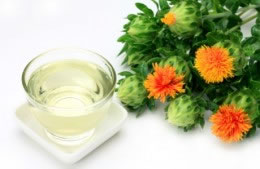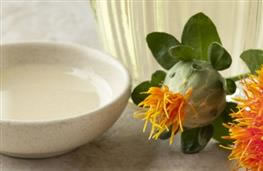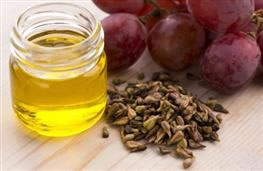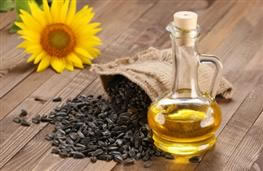Hi! Our privacy policy explains how we use your data and cookies. By continuing to browse the site, you're agreeing to our use of cookies.
4/20/2024 4:04:58 AM
Polyunsaturated fats
Health benefits of Polyunsaturated fats:
Polyunsaturated fats are liquid at room temperature and are classed as 'essential' fats as we cannot produce them ourselves. The two main types of polyunsaturated fat are omega 3 and omega 6, both of which may offer a range of health benefits.
The Worlds Science
Polyunsaturated Fats (PUF)
The most common PUFs are omega-6 (linoleic acid), omega-3 (alpha-linolenic acid), derived principally from plants and vegetable oils (e.g. flaxseeds, nuts, sunflower oil) and omega 3EPA/DHA mainly derived from oily fish.
Omega 3 and 6 are both are essential, which means that they are necessary for normal physiology, but the body can’t make them. Thus, they must be consumed with food. This is in contrast with monounsaturated and saturated fat that can be created in the liver.
There is considerable evidence from a range of studies that high PUF and monounsaturated fat intake will have a beneficial effect upon the health of the heart by reducing the risk of suffering from cardiovascular disease1.
The most common PUFs are omega-6 (linoleic acid), omega-3 (alpha-linolenic acid), derived principally from plants and vegetable oils (e.g. flaxseeds, nuts, sunflower oil) and omega 3EPA/DHA mainly derived from oily fish.
Omega 3 and 6 are both are essential, which means that they are necessary for normal physiology, but the body can’t make them. Thus, they must be consumed with food. This is in contrast with monounsaturated and saturated fat that can be created in the liver.
There is considerable evidence from a range of studies that high PUF and monounsaturated fat intake will have a beneficial effect upon the health of the heart by reducing the risk of suffering from cardiovascular disease1.
Review date: 2/9/2022
Next review date: 2/9/2023
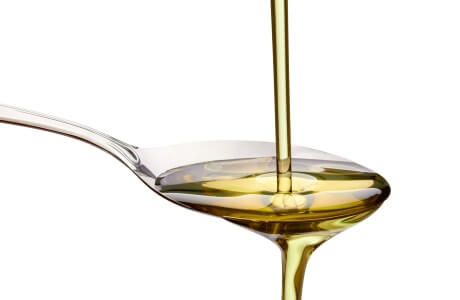
291
445
https://www.checkyourfood.com/content/blob/Micronutrients/top-foods-for-Polyunsaturated-fats.jpg
Top 6 ingredients for Polyunsaturated fats taking into account portion size and cooking retention factors
Filter ingredients by:

The personalised nutrition platform for health hungry people

 About nutrients
About nutrients
 All nutrients
All nutrients
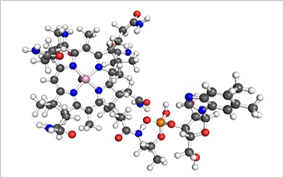 vitamins
vitamins
 minerals
minerals
 phytochemicals
phytochemicals
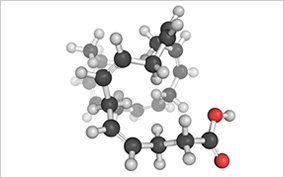 fatty acids
fatty acids
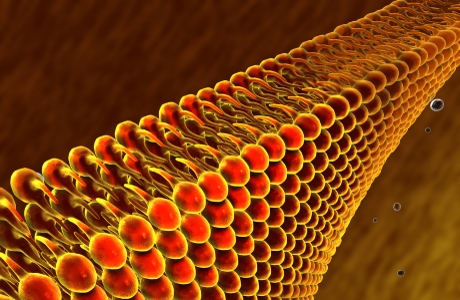 macronutrients
macronutrients
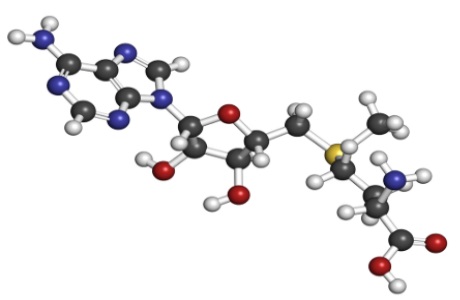 amino acids
amino acids

